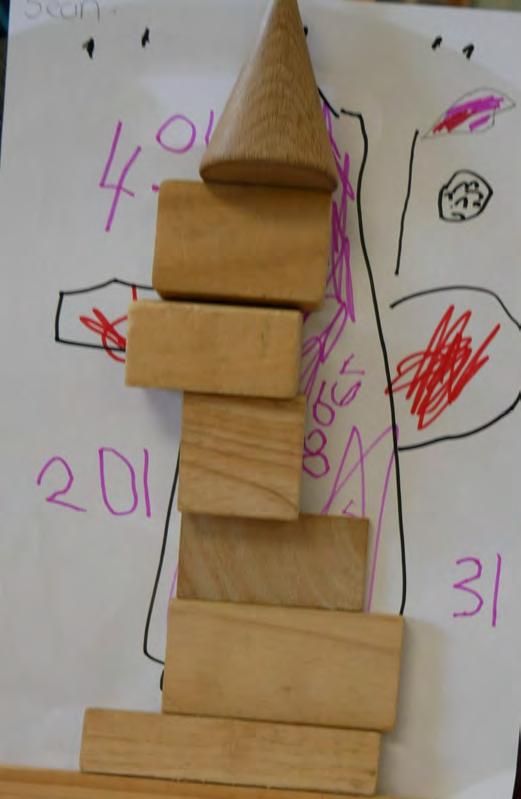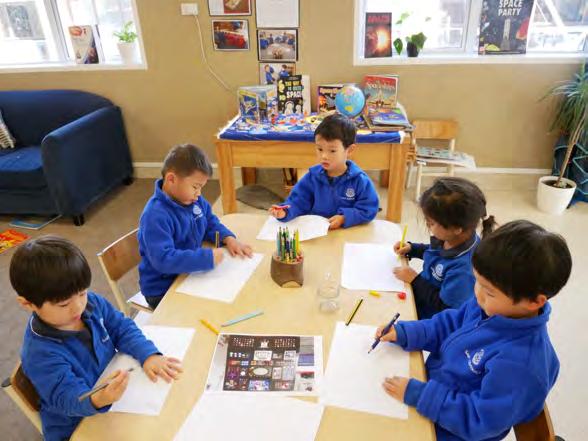
2 minute read
Being Experts on Rockets
Written by: Liz and Emily
During one of our investigation times in June this year, we were presented with a great big cardboard box. The box was ginormous and prompted a lot of excitement, so we decided to have a whole group discussion where we came up with ideas on what we could use it for? Lots of ideas came to mind “Pirate Ship”, Boat”, Magicians box” and a “bed”. The most popular by far was a “Rocket Ship”.
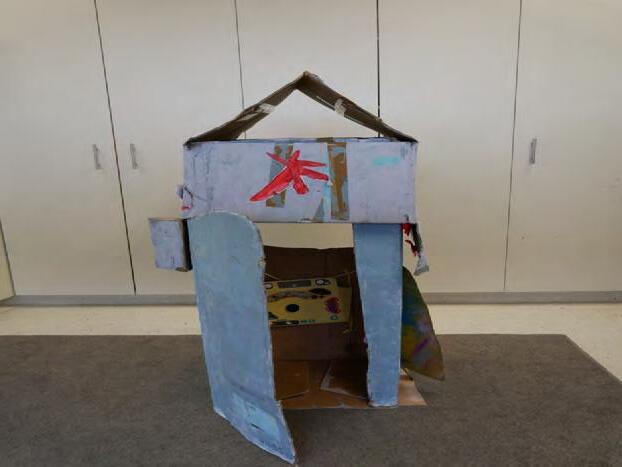
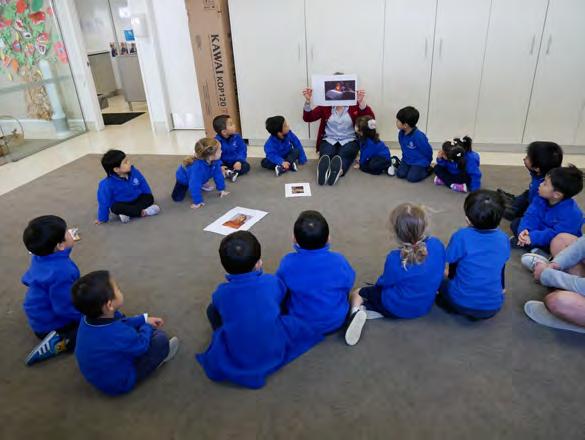
We then posed the question: “What do we know about Rockets?” Some of the answers included:
“Rockets fly to space”
“Rockets have lots of Fire”
“Rockets are really fast”
“I have a toy rocket and it has boosters” This question created a spark, captured their curiosity and stimulated their thinking. As teachers, we reflected on what the children already knew and we created some new provocations and opportunities for the Pohutukawa children to extended their knowledge of rockets. Our Investigation times provided opportunities where children could express their interpretations of “what they know” through discussions, watching clips on rocket launches, yoga, and participating in a range of art experiences including, drawing, clay and collaging. In a few investigation times we also introduced the children to loose parts experiences which they thoroughly enjoyed, as it allowed them the opportunity and freedom to make their rockets using various resources, such as construction material and nature. We have found that the children learn better and interpret on a deeper through these types of experiences. These meaningful experiences led to the children’s project of building their own rocket ship out of recycled materials, giving them the opportunity to be creative and think about how materials can work together, as well as, being sustainable.
After making their own individual rockets, it was time to work as a group to build a rocket ship using the ginormous cardboard box. Over a number of investigation times we added items to it, including a triangular top, wings, a steering wheel and engines. Collaboration, discissions, participation and excitement were at the forefront of this big project. The children loved working on the project, and most importantly loved reaping the reward of having a completed rocket ship as they played inside it and showing it to their friends in the other groups. Till this day, the rocket ship is loved and is used in the children’s play.
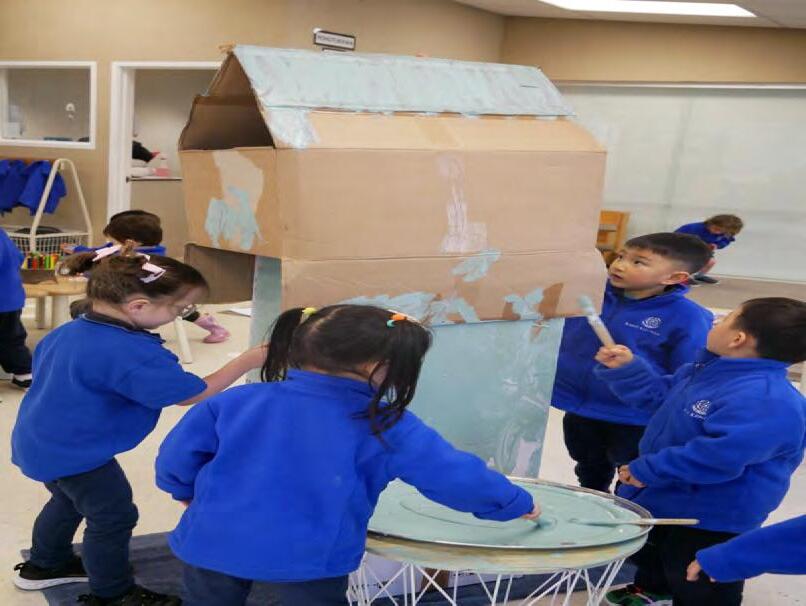
The children’s learning journey created outcomes that was underpinned by Te Whāriki, our early childhood curriculum, where they are extending their learning about the wider world around them. These include: helping the children to make sense of their worlds where they are generating their own working theories and providing the time and expressing their feelings and ideas whilst using a range of materials and modes along with utilising various strategies and skills to play and learn with others.
Jean Piaget, a well-known theorist in the early childhood sector, formalised the idea and belief that children learn through play and participating in a range of experiences. Through participating in a range of hands on experiences and discussions, the children were able to build on prior knowledge and develop a sense of curiosity and wonder.
